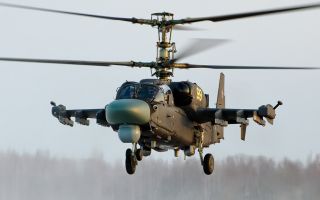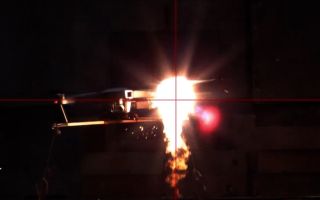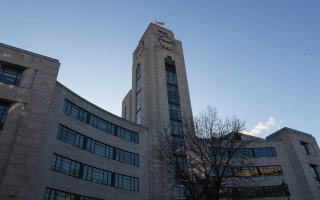HMS Albion and Bulwark to be axed as part of Healey's cost-cutting drive
Two former Royal Navy flagships, a frigate and a pair of support tankers will be decommissioned under a series of cost-saving measures announced by Defence Secretary John Healey.
The savings, which Mr Healey blamed on the "dire inheritance" left by the Conservatives, will see assault ships HMS Albion and HMS Bulwark, which have both been flagships, decommissioned.
He said the ageing Type 23 frigate HMS Northumberland was beyond economic repair and would be decommissioned, along with two Wave-class tankers.
- Both HMS Albion and HMS Bulwark safe from being scrapped early, minister confirms
- Axing Albion and Bulwark would have immense impact on Royal Marines, former chief warns
- What makes HMS Albion and Bulwark special – and why Marines would miss them
The Army's Watchkeeper drones, which cost around £5m each and have been in service for a decade but have been beset by problems and are effectively obsolete, will be grounded.
Helicopters will also be affected by the cuts, with the 14 oldest Chinook transport aircraft removed early from service and the Puma's lifespan not being extended beyond March 2025.
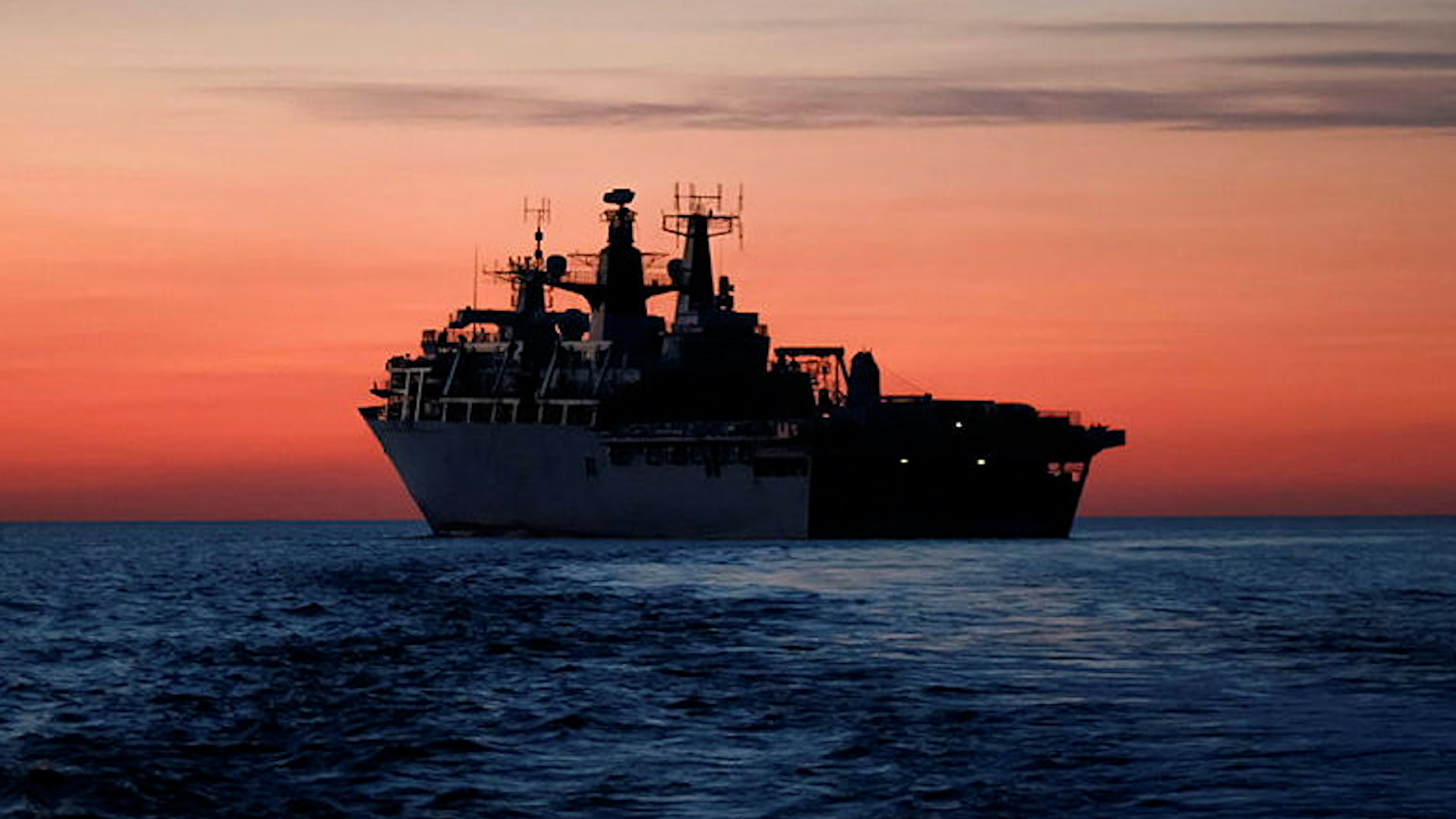
Difficult decisions
Mr Healey told the Commons: "For too long our soldiers, sailors, aviators have been stuck with old, outdated equipment because ministers wouldn't make the difficult decommissioning decisions.
"As technology advances at pace, we must move faster towards the future. So today, with full backing from our service chiefs, I can confirm that six outdated military capabilities will be taken out of service.
"These decisions are set to save the MOD £150m over the next two years and up to £500m over five years, savings that will be retained in full in defence."
He said HMS Albion and HMS Bulwark had both effectively been retired by previous ministers but had superficially been kept on the books at a cost of £9m a year.
"They have provided a valuable capability over the years, but their work is done. We must look now to the future," he explained.
"Be in no doubt the future for our Royal Marines and their elite force will be reinforced in the SDR [Strategic Defence Review]."
Albion and Bulwark are the Navy's only amphibious assault ships, designed to land Royal Marines ashore by air and sea.
Conservative MP and former defence committee chairman Sir Julian Lewis said the announcement marks "a black day for the Royal Marines".
This was rejected by Mr Healey who replied: "Far from being a black day, as he says, this signals a bright future which will be reinforced by the SDR for the Marines and their elite force.
"On HMS Albion and HMS Bulwark, he is right. Both ships were not due to go out of service for nine and 10 years respectively, but neither, given the state they’re in, the decisions taken previously by the last government, were set to sail again.
"In other words, they’d, in practice, been taken out of service, but ministers had not been willing to admit this."
Of the 14 Chinook helicopters, Mr Healey pointed out how some were more than 35 years old and would be "accelerated out of service".
He said the two Wave-class tankers had not been to sea "for years" and were in the decommissioning process, along with 17 Puma helicopters "some with over 50 years' flying [which] will not be extended".
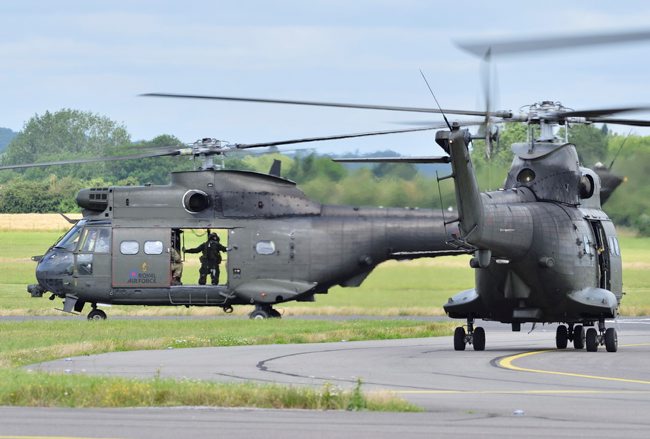
No redundancies
Mr Healey said personnel would be redeployed or retrained – and nobody would be made redundant.
He said these would not be the last of the difficult decisions he would have to make.
Mr Healey also announced new retention payments for Armed Forces personnel.
Could Bulwark be made battleworthy?
Shadow defence secretary James Cartlidge blamed Chancellor Rachel Reeves for the cuts.
He said: "Whatever the Chancellor's true grasp of economics, she's certainly been able to force her priorities onto the country, getting the MOD to scrap major capabilities before they've undertaken the department's much-vaunted Strategic Defence Review."
Mr Cartlidge said he had been assured HMS Bulwark and HMS Albion could have been made battleworthy in the event of a war.
He said: "I personally sought and received assurances from the Navy's leadership… that in the event of a full-scale warfighting scenario where the priority for the Navy was littoral capability, those ships could have still been regenerated to a condition able to fight, and the crews found.
"Permanently scrapping the landing ships means we remove that capability entirely. So what impact will this have on the operational effectiveness of the Royal Marines?
"MRSS [multi-role support ship] is intended to fill the gap – but will be at least eight to nine years away."
Liberal Democrats defence spokesman Richard Foord praised Mr Healey's emphasis on defence people but said the decommissioning decisions left "alarming gaps" in capability.
He said: "The new medium helicopter contract is not due to be awarded till next year. I question when that will be introduced, perhaps not until the beginning of the next decade for the new medium helicopter.
"The multi-role support ships not due to come into service until 2033, and I'm alarmed at what that might do for the ability of the Royal Marines to operate in the littoral."
Rusi responds
Matthew Savill, military sciences director at defence think-tank Rusi, said of the cuts: "These are mostly capabilities that are approaching retirement anyway, have been at low levels of readiness or aren't worth further refits or investment – Watchkeeper is probably obsolete.
"But the fact that defence either can't crew them or is prepared to cut them to make very modest savings over five years in the current international environment is an indication of just how tight resources must be in the MOD right now.
"In particular, the defence review will be under pressure to set out the future role of the Royal Marines, how the Navy will bring into service and sustain more escorts – which are the workhorses of the fleet – and the impact upon helicopter capacity and procurement."

